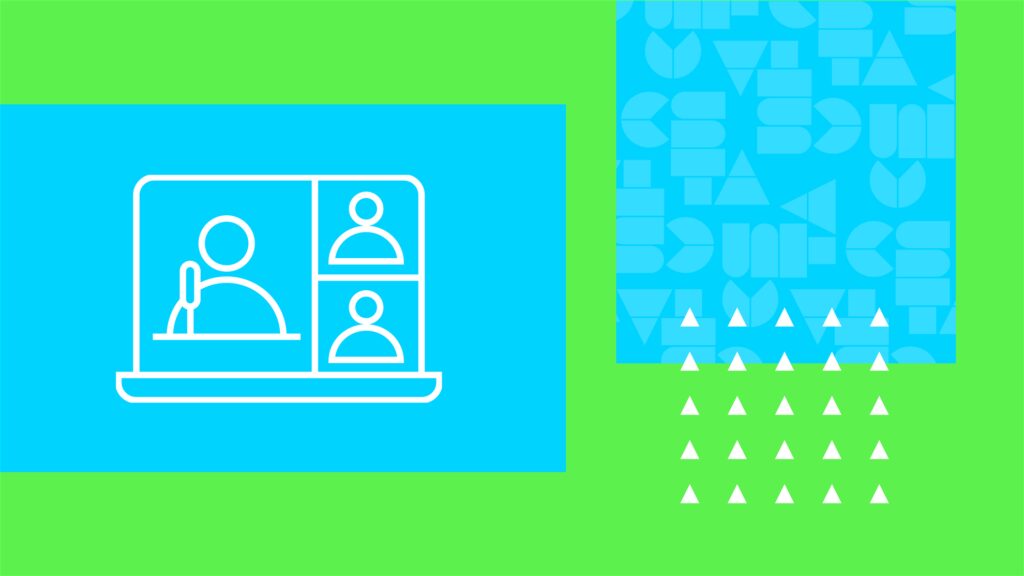Length
Objectives
-
Facilitate fostering collaboration, support, and resource-sharing to enhance teaching practices and professional growth
-
Facilitate the identification of and engagement with communities tailored to new Computer Science teachers
-
Facilitate the identification and acquisition of diverse funding resources to support classroom initiatives
Teacher Standards Alignment
-
1a. Apply CS practices
Apply CS and computational thinking practices in flexible and appropriate ways. Practices include: Fostering an Inclusive Computing Culture, Collaborating Around Computing, Communicating About Computing, Recognizing and Defining Computational Problems, Developing and Using Abstractions, Creating Computational Artifacts, and Testing and Refining Computational Artifacts. -
1b. Apply knowledge of computing systems
Apply knowledge of how hardware and software function to input, process, store, and output information within computing systems by analyzing interactions, designing projects, and troubleshooting problems. -
1d. Use and analyze data
Collect, store, transform, and analyze digital data to better understand the world and make more accurate predictions. -
1e. Develop programs and interpret algorithms
Design, implement, debug, and review programs in an iterative process using appropriate CS tools and technologies. Interpret algorithms, and explain tradeoffs associated with different algorithms. -
1f. Analyze impacts of computing
Analyze how people influence computing through their behaviors, cultural norms, and social interactions, as well as how computing impacts society in both positive and negative ways. -
2e. Use accessible instructional materials
Evaluate tools and curricula and leverage resources to improve accessibility for all students. -
3a. Pursue targeted professional development
Develop and implement a plan for targeted professional development to continuously deepen their CS content and pedagogical knowledge and skills -
3b. Model continuous learning
Model willingness to learn from others and to continuously develop new skills. Demonstrate comfort in problem solving and perseverance when encountering new or challenging content. -
3e. Leverage community resources
Identify and connect resources in the local community and broader CS ecosystem to support student learning in CS. -
3f. Participate in CS professional learning communities (PLCs)
Participate in CS professional learning communities (PLCs) to collaborate with peers, celebrate successes, share lessons learned, and address challenges. -
4a. Analyze CS curriculum
Analyze CS curricula for implementation in their classrooms in terms of CS standards alignment, accuracy, completeness of content, cultural relevance, and accessibility. -
4b. Develop standards-aligned learning experiences
Design and adapt learning experiences that align to comprehensive K-12 CS standards. -
4d. Build connections between CS and other disciplines
Design learning experiences that make connections to other disciplines and real-world contexts. -
4e. Plan projects that have personal meaning to students
Plan opportunities for students to create and share open-ended and personally meaningful projects.
Winter Session
Cost
- $39 per participant
- Free for CSTA+ members – please make sure you’re logged into your CSTA+ account prior to clicking “Register” ($50 annual membership)

